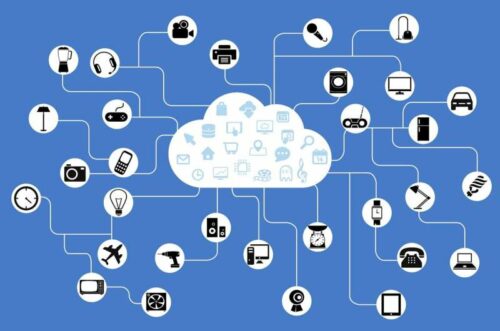Researchers have developed a new in-home AI and radar based system that can monitor the health of elderly residents.

Engineers are harnessing artificial intelligence(AI) and wireless technology to provide advanced health and security monitoring in the domestic and commercial spaces. With the introduction of various hardware and software solutions this technology ideas can be brought into action in the very near future.
A team of researchers at University of Waterloo have developed a system that follows an individual’s activities accurately and continuously as it gathers vital information without the need for a wearable device and alerts medical experts to the need to step in and provide help. They demonstrated that very low-power, millimeter-wave radio systems enabled by machine learning and artificial intelligence can be reliably used in homes, hospitals and long-term care facilities.
The new system represents a major step forward and works this way: first, a wireless transmitter sends low-power waveforms across an interior space, such as a long-term care room, apartment or home. As the waveforms bounce off different objects and the people being monitored, they’re captured and processed by a receiver. That information goes into an AI engine which deciphers the processed waves for detection and monitoring applications.
The system employs extremely low-power radar technology and can be mounted simply on a ceiling or by a wall and doesn’t suffer the drawbacks of wearable monitoring devices, which can be uncomfortable and require frequent battery charging.
“Using our wireless technology in homes and long-term care homes can effectively monitor various activities such as sleeping, watching TV, eating and the frequency of bathroom use,” said Dr. George Shaker, an adjunct associate professor of electrical and computer engineering. “Currently, the system can alert care workers to a general decline in mobility, increased likelihood of falls, possibility of a urinary tract infection, and the onset of several other medical conditions.”
Reference : Hajar Abedi et al, AI-Powered Non-Contact In-Home Gait Monitoring and Activity Recognition System Based on mm-Wave FMCW Radar and Cloud Computing, IEEE Internet of Things Journal (2023). DOI: 10.1109/JIOT.2023.3235268







